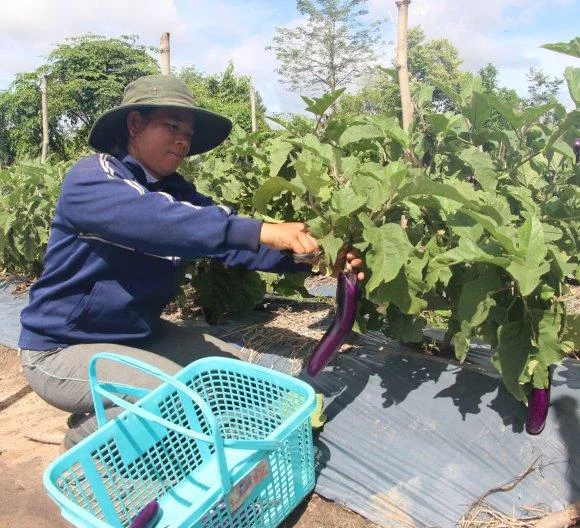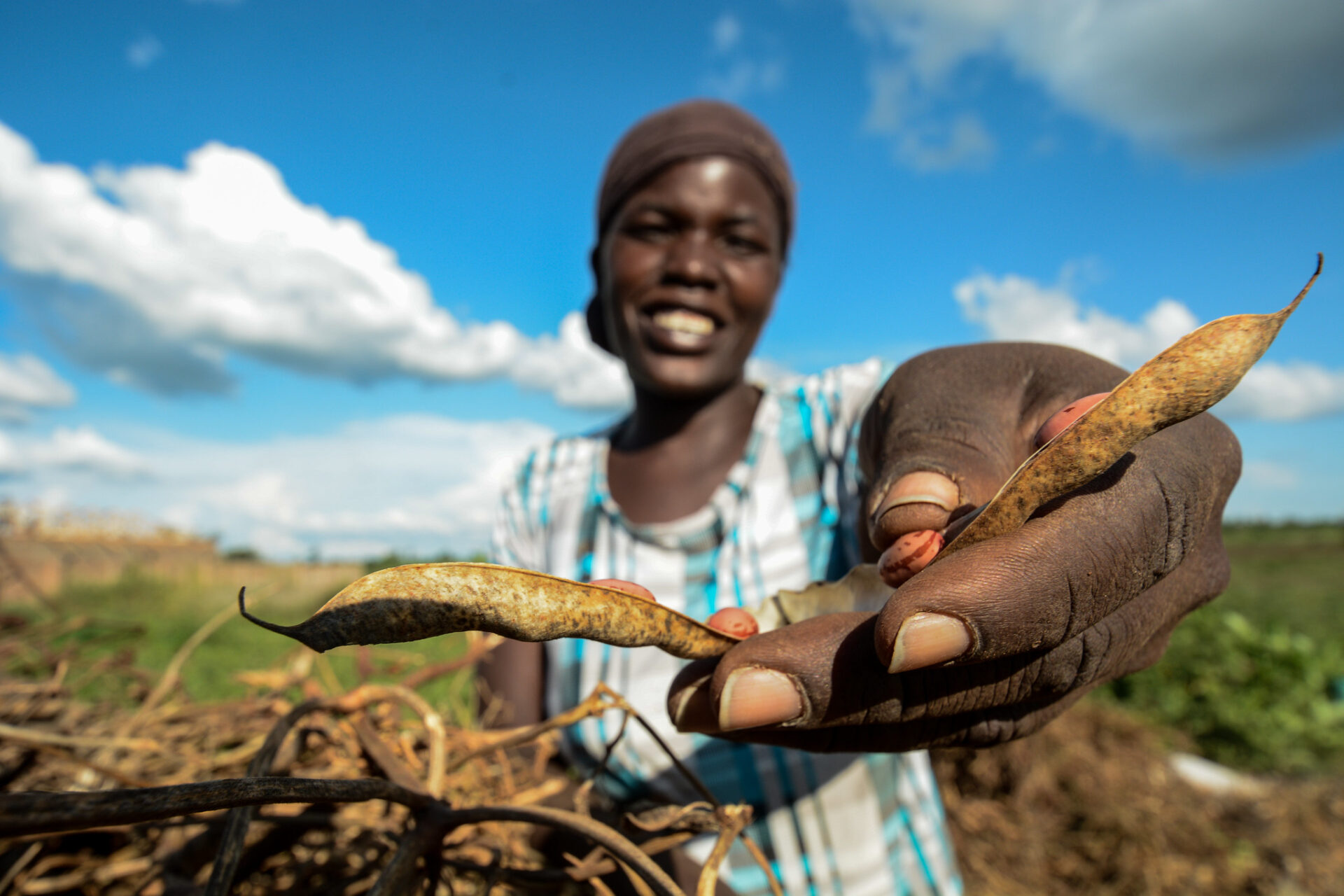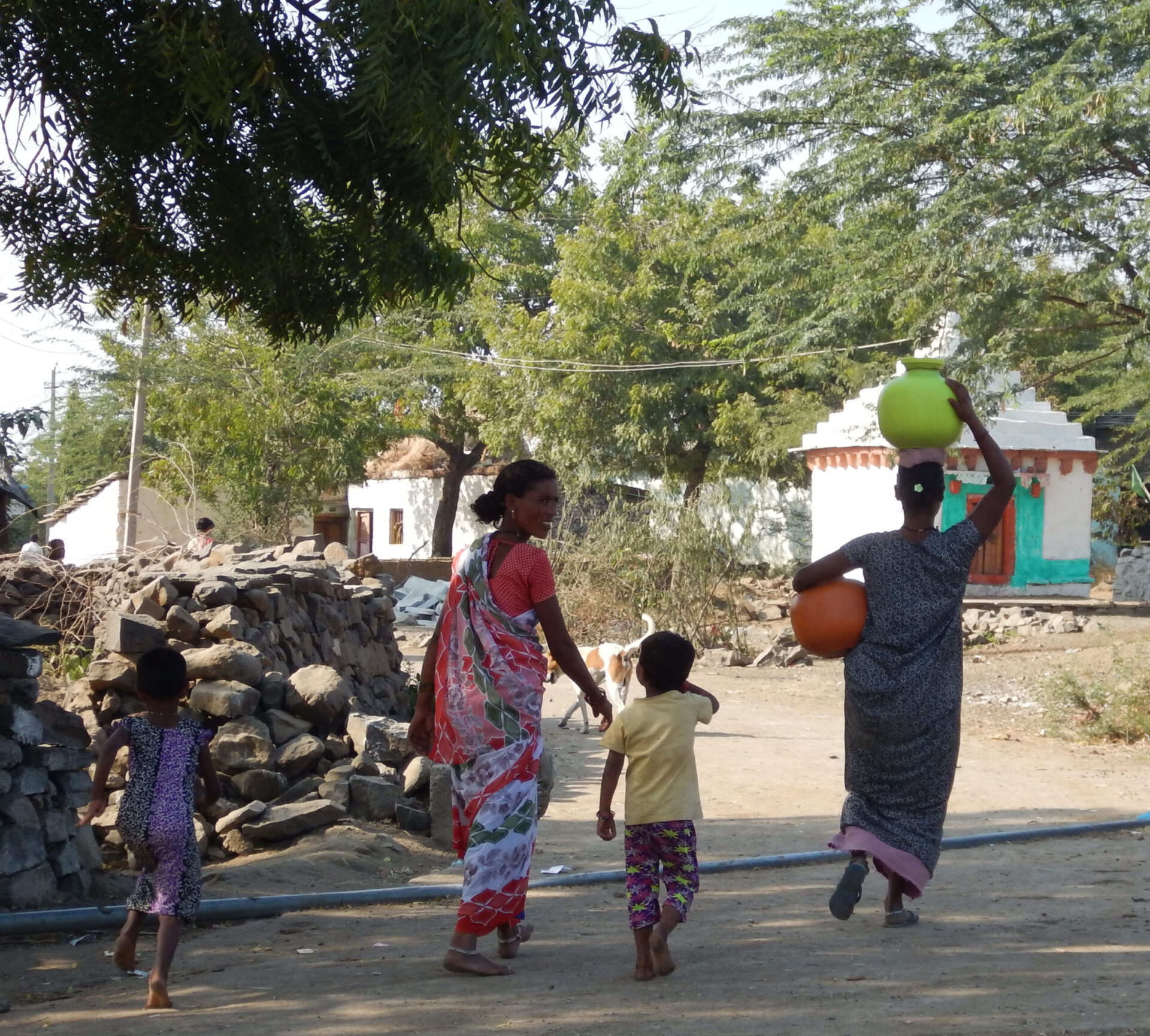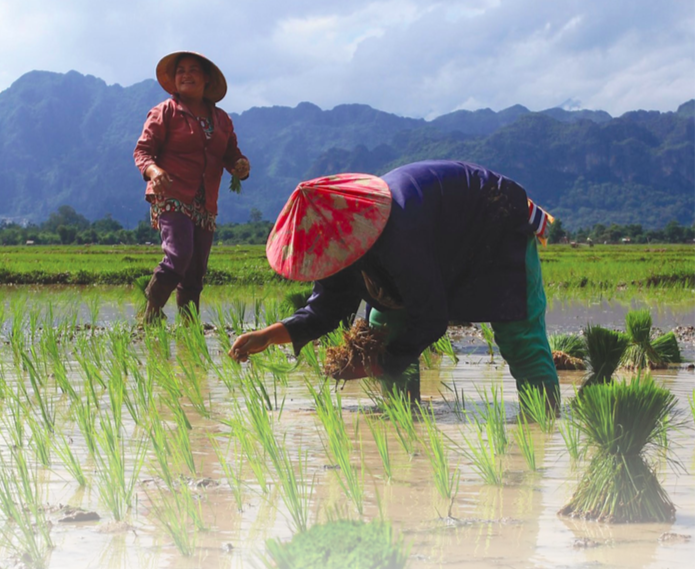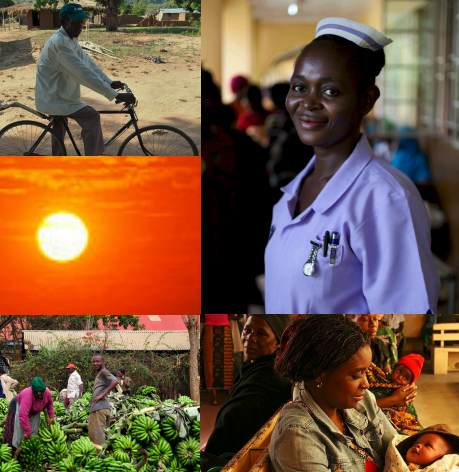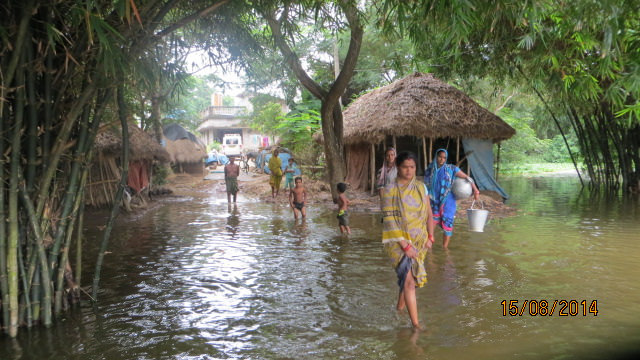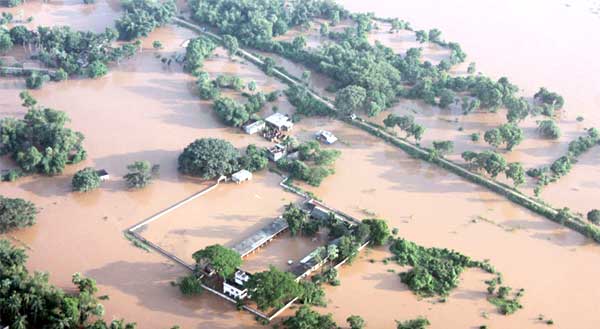nutrition
Cambodia Horticulture Advancing Income and Nutrition (CHAIN) programme
Watch an inspirational video about the Cambodia Horticulture Advancing Income and Nutrition project - an eight-year market systems development programme to develop the horticultural sector and increase the long-term resilience and food security of smallholder farmers in Northern Cambodia.
The Hindu Kush Himalaya Assessment: Mountains, Climate Change, Sustainability and People
This open access volume is the first comprehensive assessment of the Hindu Kush Himalaya (HKH) region.
Integrating gender and nutrition in Ugandan policy: An assessment
A recent study on Ugandan climate and food security policies assesses gender and nutrition mainstreaming in national policy.
The gendered challenges of food security: Stories and lessons from ASSAR
This article provides key findings from ASSAR study sites in the semi-arid regions of Africa and India, where gender was found to have a large role in how food security is affected.
How Climate Drives Hunger: Food Security Climate Analyses, Methodologies and Lessons 2010-2016
A compendium of the main findings and lessons learnt from WFP's food security climate analyses under the Climate Adaptation Management and Innovation Initiative (C-ADAPT).
Risk Expands, But Opportunity Awaits: Emerging Evidence on Climate Change and Health in Africa
This report presents evidence on the effects of climate change on the health sector in Africa, including threats to health and development investments, and opportunities to achieve health targets.
Looking upstream: enhancers of child nutritional status in post-flood rural settings
This article explores the role of education in reducing the societal impacts of extreme flood events, particularly with regards to post-flood child undernutrition.
Flood-Exposure is Associated with Higher Prevalence of Child Undernutrition in Rural Eastern India
Climate change threats to rural India: Flooding linked to child undernutrition, particularly child wasting. Repeated flooding was associated to 3 times higher prevalence of severe wasting.
